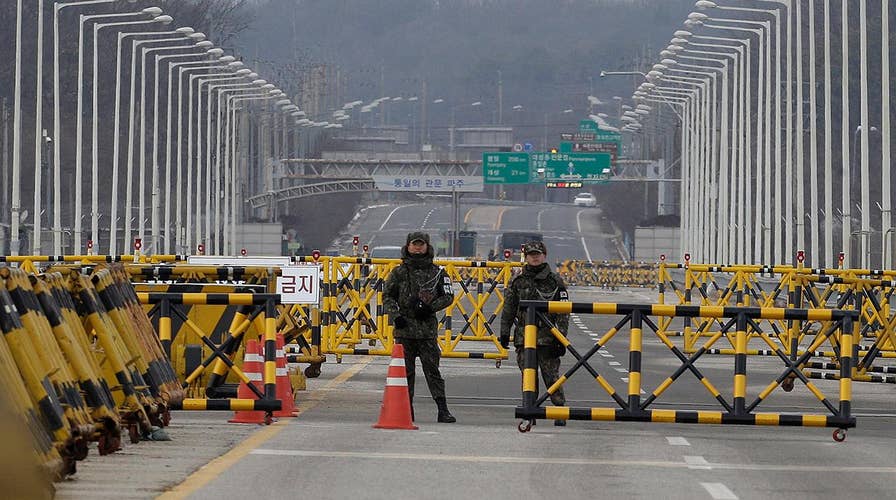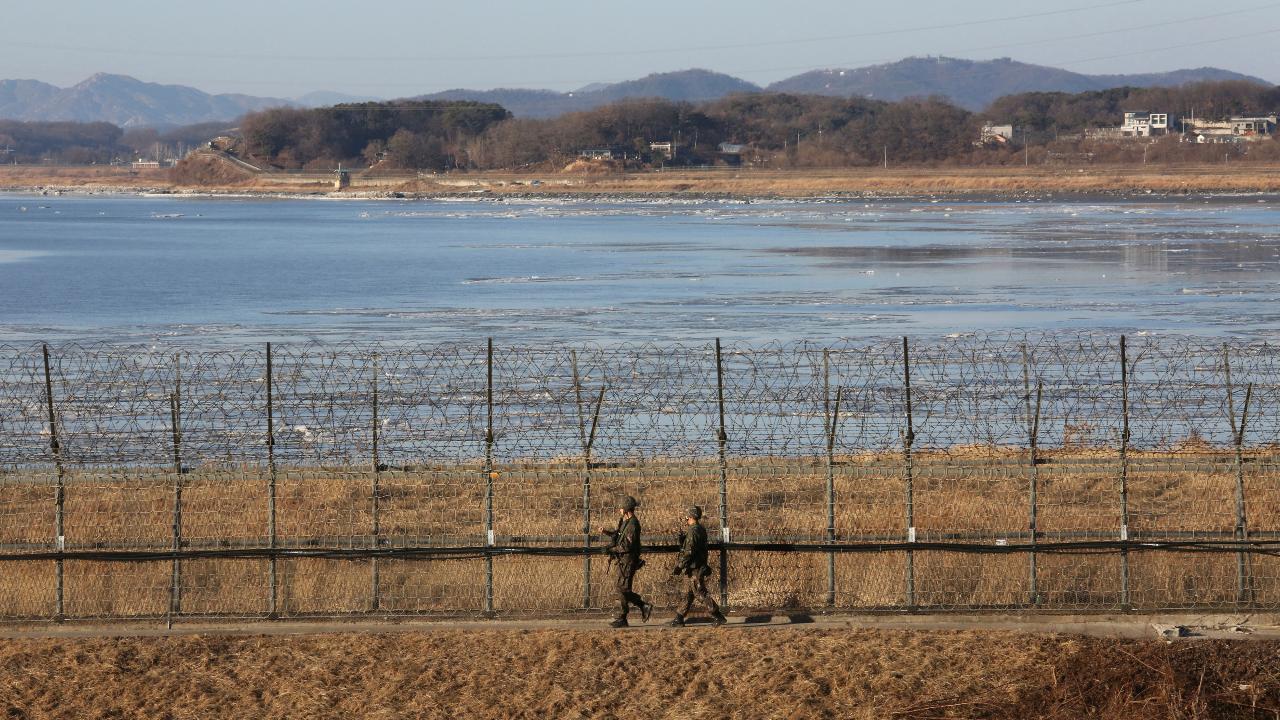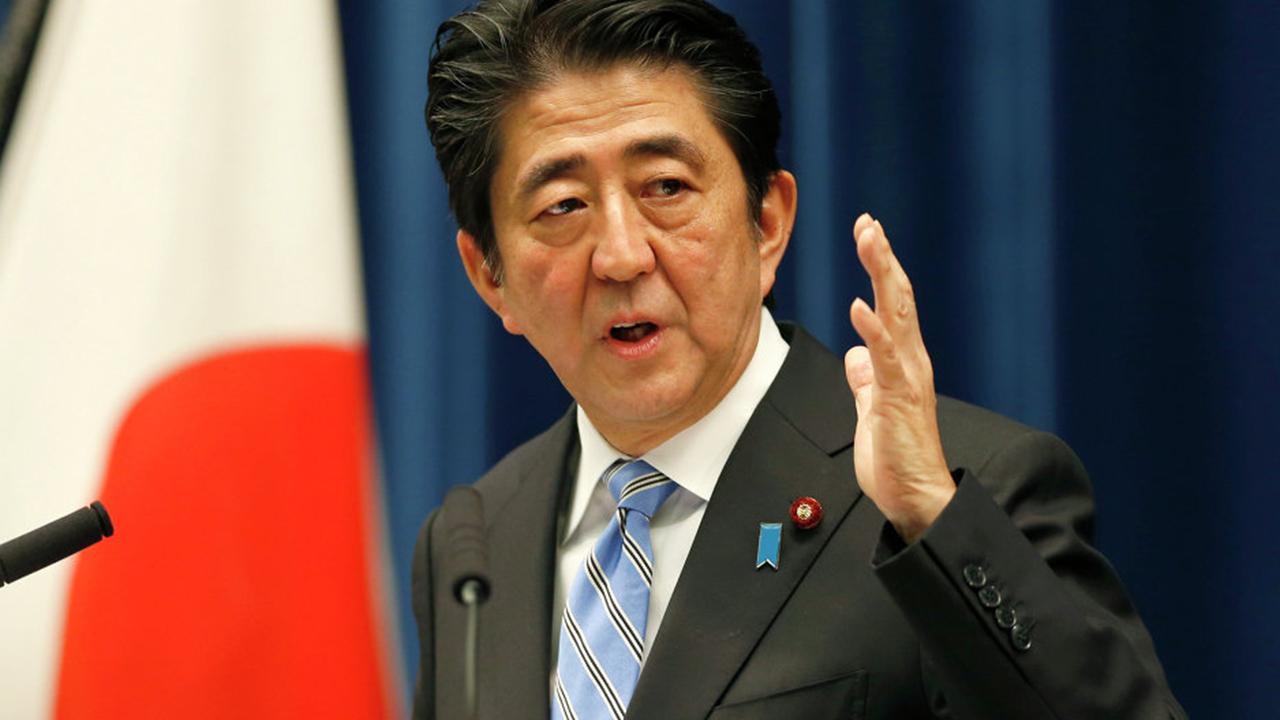Communications renewed between North and South Korea
'Dear Reader' author Michael Malice provides insight.
The rival Koreas agreed Friday on a date for their first formal dialogue in more than two years in hopes to find ways to cooperate for the upcoming Winter Olympics in the South, Reuters reported.
The announcement by Seoul's Unification Ministry came hours after the United States agreed to delay annual joint military exercises with South Korea until after the Winter Olympics. The exercises have been a major source of tension because North Korea considers them an invasion rehearsal.
North Korea on Friday sent a message saying it would accept South Korea's offer to meet at the border village of Panmunjom next Tuesday, according to the ministry.
Spokesman Baik Tae-hyun said he expects the two Koreas to exchange messages through documented exchanges in order to determine who would head each other's delegations and other issues. Representatives for the two Koreas have yet to be confirmed.
Any dialogue between the Koreas is considered a positive step toward easing confrontations. But critics say the North's abrupt push for improving ties may be a tactic to divide Seoul and Washington and weaken international pressure and sanctions on Pyongyang.
Baik has reaffirmed South Korea’s commitment to a denuclearized North Korea, while Seoul would engage Pyongyang as it keeps close communications with the U.S. and allies.
Despite his recent outreach to the South, North Korean leader Kim Jong Un said in his New Year's Day address that he has a "nuclear button" on his desk to fire atomic weapons at the United States. President Donald Trump quickly responded that he had a nuclear button of his own.
Kim has repeatedly affirmed the North’s commitment to the mass production of nuclear missiles and warned of a nuclear strike if North Korea felt threatened.
Past breakthroughs to ease Korean tensions have often ended with renewed animosities. It's likely the North will agree to send a delegation to the Winter Olympics and refrain from provocations during the Games. But tensions could return afterward because the North has no intentions of abandoning its weapons programs and the U.S. will not ease its pressure on the country, analysts say.
The Associated Press contributed to this report.



